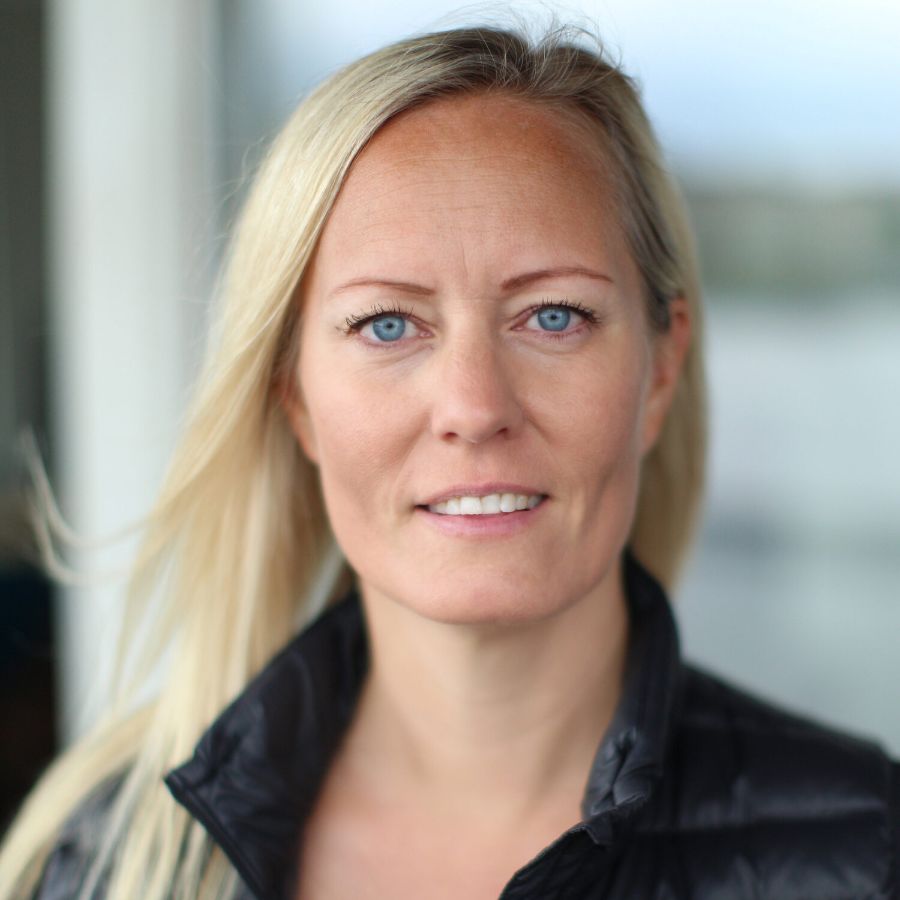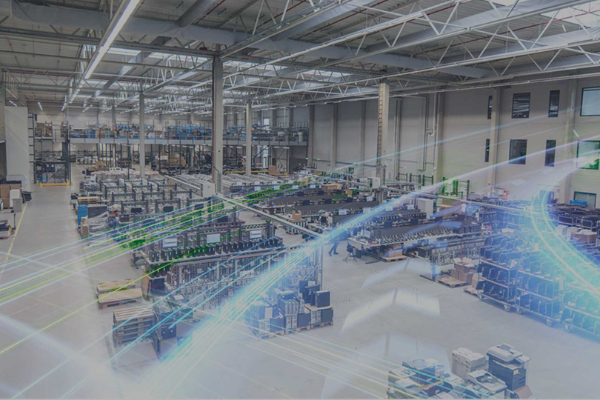Companies that opt for sustainable, resource-efficient IT solutions are making an increasingly valuable contribution to protecting the environment. Showing consideration for people and nature is also becoming more and more of a competitive factor. This was the conclusion of renowned experts from across Europe at the digital #CHGsummit2021. For companies, this means additional challenges, but also great opportunities.
Three messages were a recurring theme at the event:
- There is no alternative to fundamental change, and it can be achieved if everyone steps up.
- Sustainable development goals can only be met with a substantial contribution from business. In this regard, the possibilities are far from exhausted.
- In the digital age, planning and delivering IT projects and IT infrastructure plays a crucial role. This is where commercial and environmental imperatives can be established.
Potentials are far from exhausted
Dr. Adriana Neligan from the German Economic Institute underlined the urgent need for change to the existing ways in which goods are produced and consumed. “It is vital that we move away from a throwaway culture and instead use fewer resources, reuse these resources over and over, or replace them with more climate-friendly alternatives.” For Neligan, this gives rise to two clear tasks: “We have to use products for longer. Or we switch to renting or leasing IT equipment rather than owning it, which opens up further possibilities for secondary use.”
Neligan firmly believes that sustainability is the key to robust and future-proof business models. Companies that focus on needs-oriented IT conserve valuable resources and remain competitive. In fact, the potential for savings is far from exhausted. According to a report commissioned by the German Federal Ministry for Economic Affairs and Energy, half of companies believe that there is further room for improvement if the technical possibilities are applied to maximum effect. “Industry has the potential to reduce its use of resources by 8 percent across the board. That is equivalent to €10 billion or 1 percent of industrial added value.” In this context, digitalization is an important tool. It ensures a high level of efficiency by providing a continual stream of data and allows for optimal, real-time production control.
Neligan also referred to policymaking that is placing ever greater obligations on companies. For example, the EU plans to significantly extend sustainability reporting requirements to a wider group of companies and standardize the format. In Germany, the duty of care is specifically addressed in the Supply Chain Act. Nevertheless, we must do more than just talk about sustainability, it must be firmly enshrined in every corporate strategy. “This is the only way to ensure that it becomes part of corporate culture,” said Neligan.

"Raw materials represent a substantial cost factor. Resource efficiency – i.e. the relationship between a particular benefit, product or service and the resources required to provide it – is an important issue for companies. Digitalization doesn’t just make it easier to measure resource efficiency, it also helps to better identify and utilize savings potential."

Collaboration and digitalization is key
An argument that Elin Bergman, one of Scandinavia’s leading experts on the circular economy, also picked up on in her speech. “It is not enough to be ‘less worse’ than before. We need fundamental change. This requires action, not words,” said Bergman, whose roles include spokesperson and COO of the Swedish circular economy network Cradlenet.
In her view, electronic waste is a valuable but little used resource: “Just under 20 percent of it is recycled, whereas it could all actually be recycled.” She backed up this statement with some impressive facts:
- 50–70 percent of global carbon emissions could be avoided by adopting circular processes.
- Global e-waste has a value of US$ 62.5 billion, three times the output of the world’s silver mines.
- Systematic digitalization can save 30 times more resources than are needed.
Given these figures, Bergman asked whether we are focusing on the right areas. There is a need for more awareness raising and incentives to ensure that companies increasingly make sustainable decisions. “This is the only way to move from a greed-based to a needs-based economy”, she said, directing her words firmly at the business sector: “The key here is collaboration and digitalization.”
Access over ownership
Circular economy specialist Dr. David Greenfield from the UK advises companies and public bodies on areas such as climate change, resource management, and the circular economy. In his view, “it is vital to generate value throughout the entire lifecycle of an IT device, with successful projects being the best way to encourage take-up. Customized concepts allow companies to keep pace with the digital transformation while also making an active contribution to a sustainable circular economy. The principle of access over ownership plays a crucial role in this, not least because it keeps costs manageable.”
Greenfield is encouraged by the fact that competitiveness has always been strongly affected by consumer behavior. “We are observing a clear trend toward greater sustainability in this respect, which could well end up being the strongest driver of change.”

Product design determines the impact
But if consumers are to take an active role in influencing this development, the products they use must be designed to properly fit their user requirements, argued Kévin Le Blévennec, a French circular economy strategist, in a discussion with Greenfield. Le Blévennec is an ecodesign expert working at VITO an independent Flemish research and technology organization.
He insists that companies exert a decisive level of control through the design of their products. In addition to sourcing more sustainable raw materials, ensuring an optimal resource use, they are able to devise products that can be recycled, and, even more importantly in this context of value-retention, can be disassembled and refurbished or remanufactured after use. “A figure that is often quoted in ecodesign circles suggests that around 80 percent of a product’s environmental impact is already determined at the design stage. If companies recognize and embrace this potential through an effective implementation, they can enhance their value proposition and deploy innovative business models,” Le Blévennec explains.
In line with conclusions from these renowned experts, Le Blévennec highlights one key message of a recent study he has been involved in for the European Environment Agency. “The green and digital transitions of the EU industry are today characterized as a twin transition. This transition should imperatively be considered as one single challenge for enabling a sustainable and competitive industrial transformation.”



